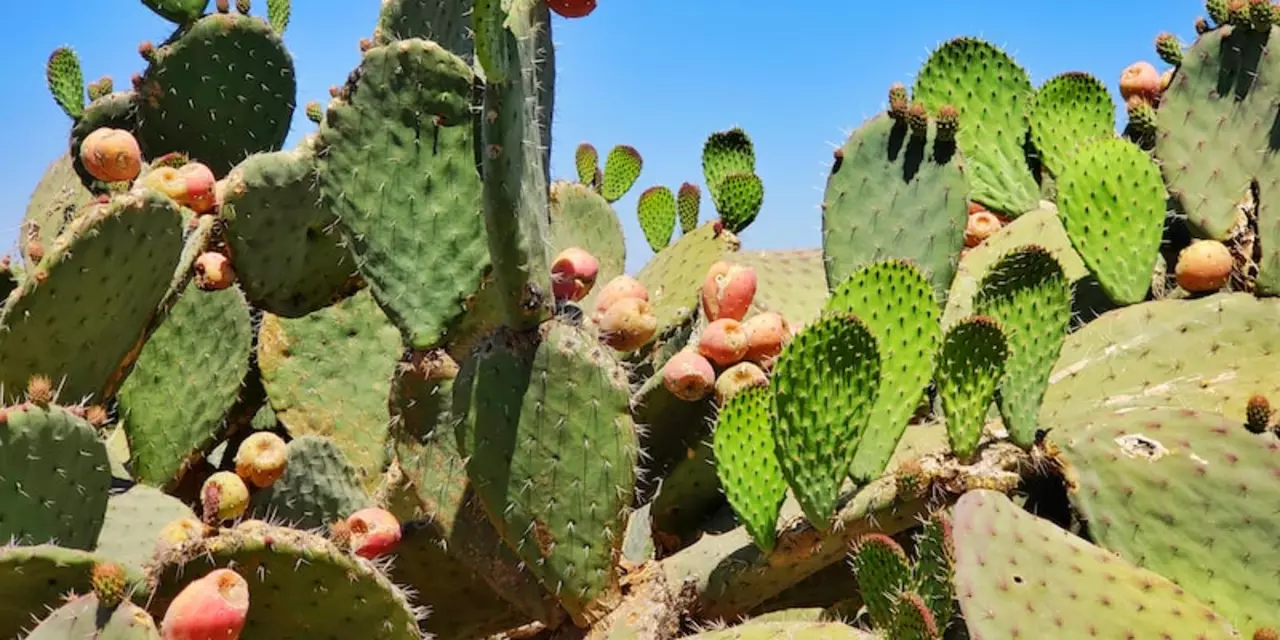The Gulf of Mexico has been a major site of petroleum extraction for decades, and as a result, it has been subject to some environmental damage. In 2010, the BP Deepwater Horizon oil spill caused an estimated 4.9 million barrels of oil to be spilled into the Gulf of Mexico. Since then, many have questioned whether the Gulf is still leaking oil and what the extent of the damage is. Here, we provide an overview of the current state of oil leakage in the Gulf of Mexico.
The most recent oil spill in the Gulf of Mexico occurred in 2014, when a barge collided with an oil platform off the coast of Louisiana. This incident resulted in an estimated 168,000 gallons of oil being released into the water. However, no further spills have been reported since then.
The US Geological Survey (USGS) has been monitoring the Gulf of Mexico for signs of oil leakage since the BP Deepwater Horizon incident. They have reported that while there are still areas in the Gulf that are contaminated with oil, the overall level of pollution has decreased significantly since 2010. USGS scientists believe that this decrease is due to natural processes, such as evaporation, that are removing the oil from the water.
The USGS also reports that the majority of the oil from the BP Deepwater Horizon spill is no longer detectable in the Gulf. However, there is still some evidence that suggests that some of the oil is still present in the sediment at the bottom of the ocean. This suggests that more research is needed to assess the long-term effects of oil spills in the Gulf of Mexico.
Overall, it appears that the Gulf of Mexico is no longer leaking oil at a significant rate. However, further research is needed to better understand the extent of the damage caused by the BP Deepwater Horizon oil spill and any other potential sources of oil leakage in the Gulf.
When the Deepwater Horizon disaster occurred in 2010, oil began leaking into the Gulf of Mexico. The impact of this oil spill was far-reaching, affecting the environment, wildlife, and people who depend on the Gulf for their livelihoods. This article will explore the ongoing impacts of the oil spill on the Gulf of Mexico's ecosystem.
The most obvious impacts of the spill were immediate. Millions of gallons of oil spilled into the Gulf, killing thousands of fish, sea turtles, dolphins, and other marine life. Oil-coated birds, turtles, and other animals were seen washing up on beaches. Scientists have also documented long-term changes in the food chain, as the fish that were killed by the oil were replaced by smaller species that could survive in the contaminated environment.
In addition to the direct effects of the oil, there have been other long-term consequences. For example, the oil has caused changes in the water chemistry, leading to an increase in toxins. This has had a negative effect on the marine life, as well as the plants and animals that rely on the ecosystem. The oil has also caused changes in the sediment on the ocean floor, which can further affect the health of the ecosystem.
The impacts of the oil spill are still being felt in the Gulf of Mexico. While many species have been able to recover, there are still areas that have not returned to their pre-spill condition. This is especially true of the coral reefs, which are extremely vulnerable to pollutants. Scientists are also concerned about the potential for long-term damage to the Gulf's food web.
The Deepwater Horizon disaster was a tragedy for the Gulf of Mexico, and it is clear that the impacts of the oil leak are still being felt. But it is important to remember that the Gulf is resilient, and with proper management, the ecosystem can continue to recover. By taking steps to reduce our dependence on oil and by working to protect the Gulf, we can ensure that future generations will be able to enjoy its unique beauty.





